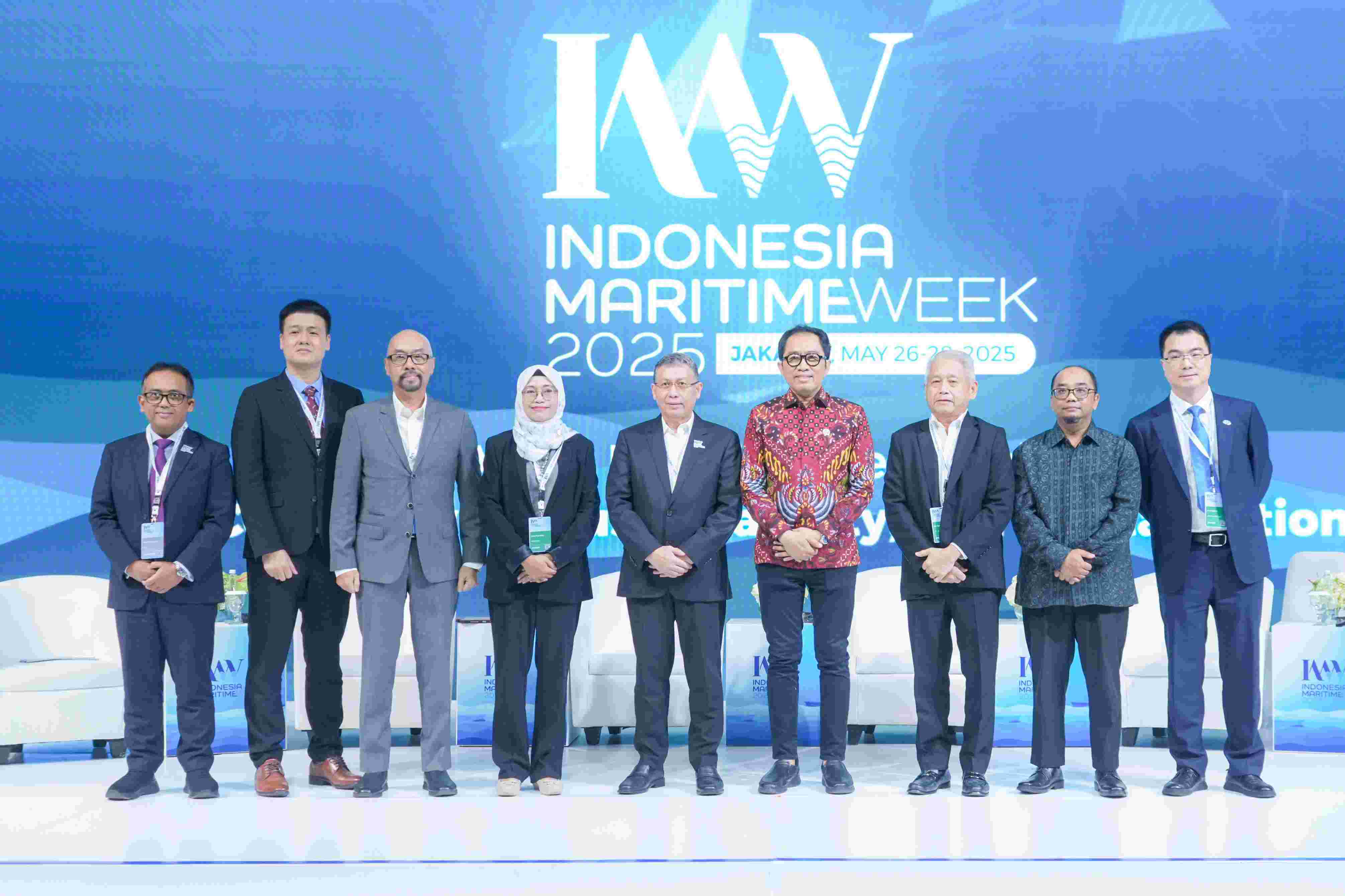The Ministry of Industry is working to enhance the national shipbuilding sector, which plays a strategic role in supporting Indonesia’s economy and government programs focused on downstream industrial development.
As the largest archipelagic country with over 17,000 islands, Indonesia holds a geostrategic and geo-economic position as a major maritime power in Southeast Asia.
“The shipping sector is one of the main transportation modes, crucial for supporting logistics in moving commodities and passengers, and this role is given significant attention by the government,” said Deputy Minister of Industry Faisol Riza during The 1st Indonesia Maritime Week 2025 in Jakarta (27/5).
Current Capacity and Innovation in Indonesian Shipyards
Indonesia currently has 342 active shipyards across 29 provinces, with a production capacity of one million deadweight tonnage (DWT) per year and repair capacity of 12 million DWT annually. The industry employs more than 46,000 people.
Deputy Minister Riza explained that innovation in the national shipbuilding industry has progressed significantly, with capabilities to produce various types of ships including commercial vessels, fishing boats, passenger ships, military patrol boats, and others.
For example, PT PAL Indonesia has produced Missile Fast Attack Crafts (KCR) for the Indonesian Navy and Landing Platform Dock (LPD) vessels that have been exported to the Philippines.
“These achievements show that the national shipbuilding industry can meet the demand for high-quality ships both domestically and internationally,” he said, noting the growing support from the component sector.
Local Content and Certification Strengthening the Maritime Sector
Currently, there are 127 marine-class certified component companies and over 560 local content (TKDN) certificates issued.
The local content in ship production has reached more than 40 percent for certain types of vessels.
“This certainly provides a strong foundation for the transformation of the national shipbuilding industry moving forward,” Deputy Minister Riza added.
Digital Transformation and Green Technology in Shipbuilding
Globally, the shipbuilding industry is undergoing structural transformation, with digital technologies increasingly used in design and production.
Meanwhile, global commitments to decarbonization are encouraging the transition toward environmentally friendly green ships.
“Indonesia must be at the forefront in adopting and developing these technologies,” stressed Deputy Minister Riza.
The Ministry of Industry is preparing a roadmap to enhance shipyard efficiency and productivity through digitalization, innovative low-emission ship designs, strengthening the local component ecosystem, and preparing highly skilled human resources via international cooperation.
Government Vision: Indonesia as a Regional Shipbuilding Hub
“Future success in shipbuilding depends not only on each country’s capabilities but also on the ability to collaborate,” said Deputy Minister Riza.
Indonesia is ready to take a leadership role in regional cooperation on standardization and certification, regional supply chains for ship components, technology innovation and collaboration across countries, as well as promoting trade and exports of maritime products within Asia.
He also noted that Indonesia needs more international ports, suggesting at least 25 are necessary to support global trade more effectively.
“If these international ports continue to open, it will provide more opportunities for businesses to develop the shipbuilding industry,” he said.
The government aims to position Indonesia as a center for mid-sized ship production in Southeast Asia and a key player in the export market for commercial and fishing vessels to island nations in the Pacific and Africa.
This target aligns with President Prabowo Subianto’s statement at the Indonesia-Brazil Business Forum in Rio de Janeiro in November 2024, which highlighted Indonesia’s need for around 40,000 fishing vessels sized between 150 and 300 gross tonnage (GT).
“With the current capacity and potential for expansion, the national shipbuilding industry has a very large opportunity to meet this demand,” said Riza.
The Ministry of Industry continues to invite all stakeholders, including government bodies, industry players, global partners, academia, and investors, to help build a stronger, greener, and more advanced future for the Asian shipbuilding industry.
“We are ready to be partners, facilitators, and drivers of this transformation,” concluded Deputy Minister Faisol Riza.
PHOTO: KEMENPERIN
This article was created with AI assistance.
Read More






 Friday, 27-02-26
Friday, 27-02-26







